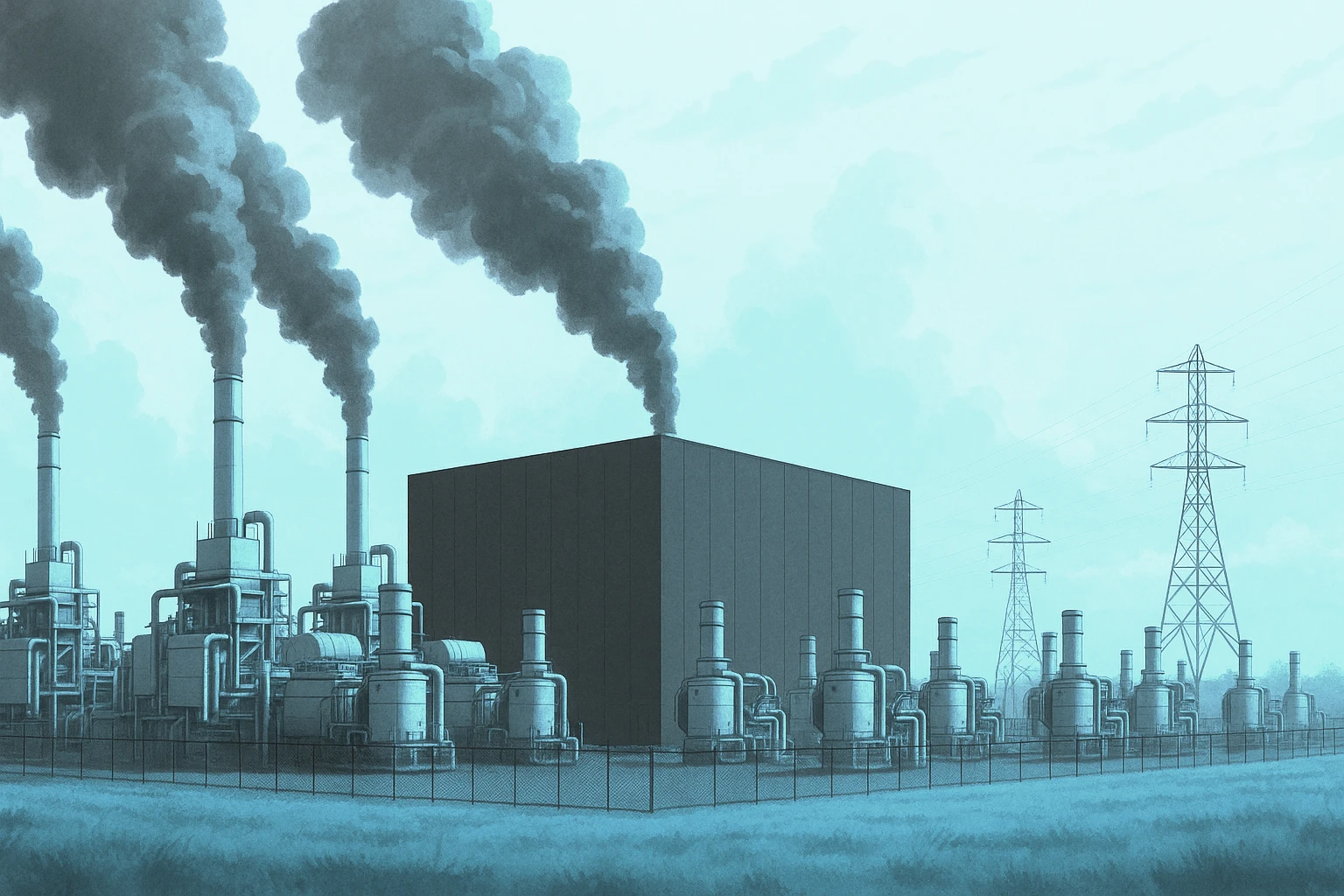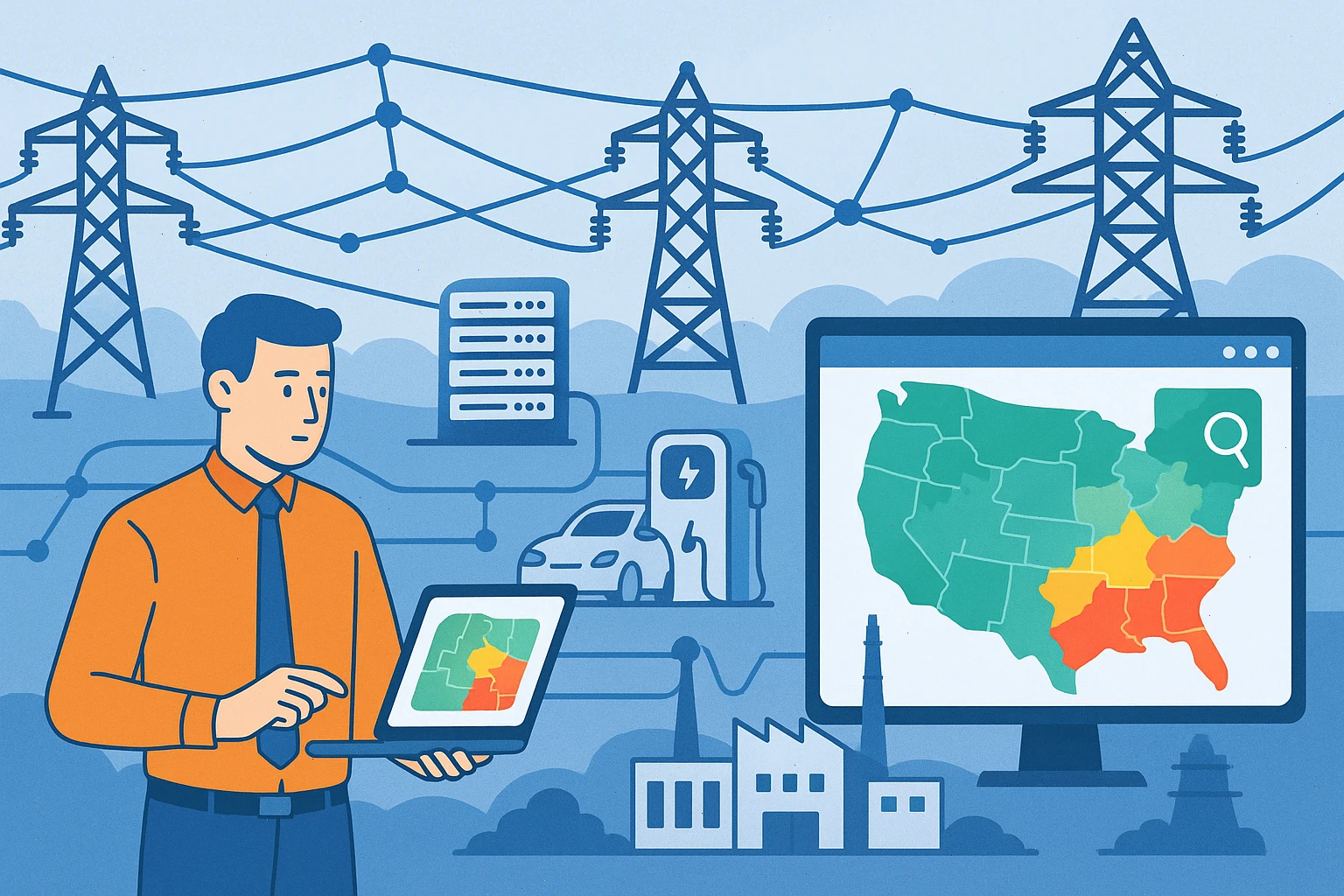
The Southern Environmental Law Center (SELC), on behalf of the NAACP, has issued a formal notice of intent to sue xAI, Elon Musk’s AI company, for operating a large fleet of gas turbines without proper air permits at its Colossus data center near Memphis, Tennessee. According to the SELC, the company has violated key provisions of the federal Clean Air Act by failing to obtain both preconstruction and operating permits.
The SELC’s notice claims that xAI installed and ran at least 35 combustion turbines and other polluting equipment at the Colossus site over the past year — all without the legally required environmental approvals.
Potential Air Quality Impact
The turbines have the potential to emit over 2,000 tons of nitrogen oxides (NOx) annually — a class of pollutants known to contribute heavily to smog formation. This is especially concerning for Memphis, a city that already suffers from significant air quality issues. In 2024, Memphis was labeled the “asthma capital of the nation” by the Asthma and Allergy Foundation of America, citing alarming rates of emergency room visits and asthma-related deaths.
Regulatory Oversight and Discrepancies
Although the Shelby County Health Department (SCHD) is responsible for overseeing local air quality compliance, it previously told media outlets that xAI’s turbines were exempt from permitting requirements. However, SELC counters that SCHD has not disclosed the legal justification for this claim, nor has it made public details about what xAI is actually operating at the site.
SELC further alleges that xAI failed to implement proper air pollution controls and installed turbines with a total capacity of up to 421 megawatts, an unusually large amount of on-site generation for a single facility.
Aerial Surveillance and Ongoing Operations
In March, SELC hired an aerial photographer to investigate the Colossus site. The resulting imagery confirmed that xAI had deployed 35 turbines around the facility. Follow-up thermal images taken in April revealed at least 33 turbines were active at the time.
Subsequently, the Greater Memphis Chamber stated that xAI was in the process of removing some turbines as the facility connected to the electrical grid. “About half of the operating turbines will remain until a second substation is completed,” the Chamber said, indicating that the turbines would later serve as backup generators.
Yet, as of a June 15 aerial flyover, SELC reported that 26 turbines still remained on site — including three new units installed after the April flight. The combined generating capacity at that point was around 407 megawatts, only slightly lower than the original total.
Legal Implications and Environmental Accountability
The SELC emphasized that under Tennessee law, nearly all new sources of air pollutants must obtain permits before construction or operation — with very limited exceptions, none of which apply to xAI’s case. If a lawsuit proceeds after the 60-day notice period, xAI could face significant penalties for non-compliance with environmental regulations.
The case highlights growing concerns about the environmental footprint of large-scale AI data centers, especially as they race to secure computing capacity in regions with limited grid availability.








